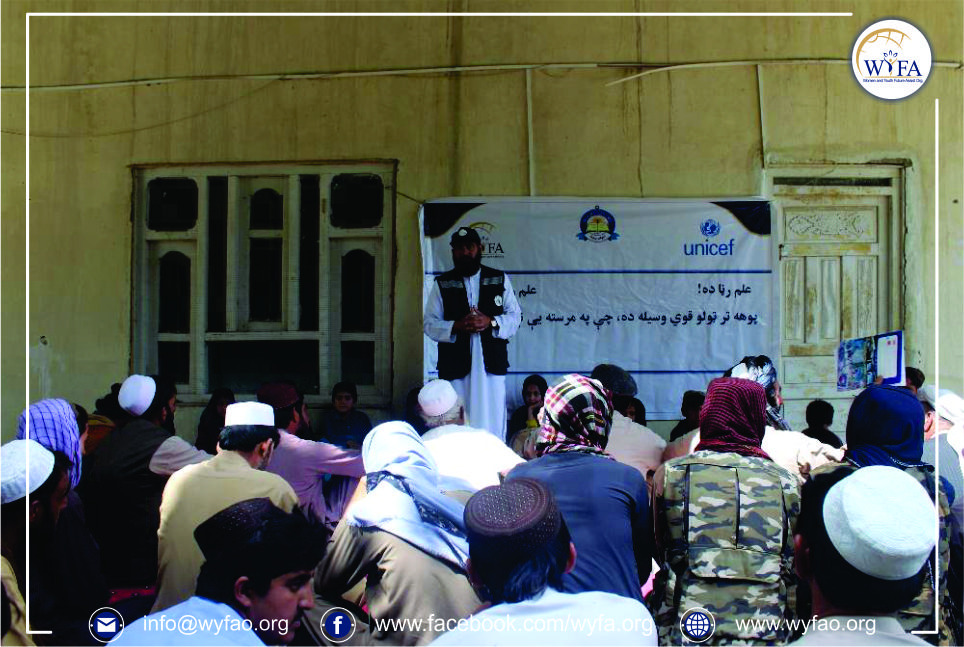Government and Accountability
NGOs are under more scrutiny and pressure to show that they are spending their resources effectively, responsibly, and openly because, as we all know better, they play an increasingly significant role as implementers of development assistance and political counter-power. Their accountability to their constituency (and the general public), commitment to their mission, transparency of their procedures, and efficiency in carrying out their mandate are all strongly related to their legitimacy in administering aid money. Therefore, we believe that the following points are crucial for government and accountability.
Characteristics of Accountability in WYFAO
Numerous adjectives are used to describe accountability. Accountability is personal, hence only one individual has been given the authority. Because authority and responsibilities are transferred from supervisor to subordinate in a vertical fashion, and also from top to bottom, as the supervisor holds the subordinate accountable. Being neither positive nor negative, accountability is a notion. Excellent outcomes are acknowledged, but failure may result in consequences, such as the removal or alteration of operational systems.
As per our policy and the four pillars of accountability demand that power and responsibility be clearly defined, that everyone engaged be given support and direction at all times, that the use of authority and responsibility be monitored and evaluated, and that the proper course of action be taken.
|
Examples of Accountability in WYFAO
|
Accountability Mechanisms
A variety of measures exist in NGOs for holding people accountable. WYFAO covers documents including laws, rules, regulations, and values as well as other types of legal documents. It may also take the shape of procedures governing how tasks are carried out, how resources are allocated and used, how accounting is handled, etc.
Instruments of accountability in WYFAO includes:
- 1. Project documents
- 2. Financial receipts and statements
- 3. Multimedia resources such as text, images or videos
- 4. Meeting minutes and reports
- 5. Activity outputs such as publications and products
- 6. Mass media articles
- 7. Bye-laws of the NGO
- 8. Government rules and laws related to NGOs

.jpeg)


